Names, positions of Chinese Community Party operatives revealed in major security leak
Global companies with billions worth of sensitive defence deals in Australia, US have hundreds of CCP members in their employ.

Global companies that hold billions of dollars worth of sensitive defence contracts in Australia and the US, along with companies developing coronavirus vaccines, have hundreds of Chinese Communist Party members in their employ, an investigation has revealed.
The Australian has obtained a leaked database listing the personal details of almost two million CCP members — including their party position, birthdate, national ID number and ethnicity — in a major security breach expected to embarrass Chinese President Xi Jinping.
It is the first time a list of its scale has been leaked and it unveils the secrecy shrouding CCP operations and exposes how party branches are embedded in some of the world’s biggest companies, with intelligence experts warning China is using the structure to achieve global dominance.
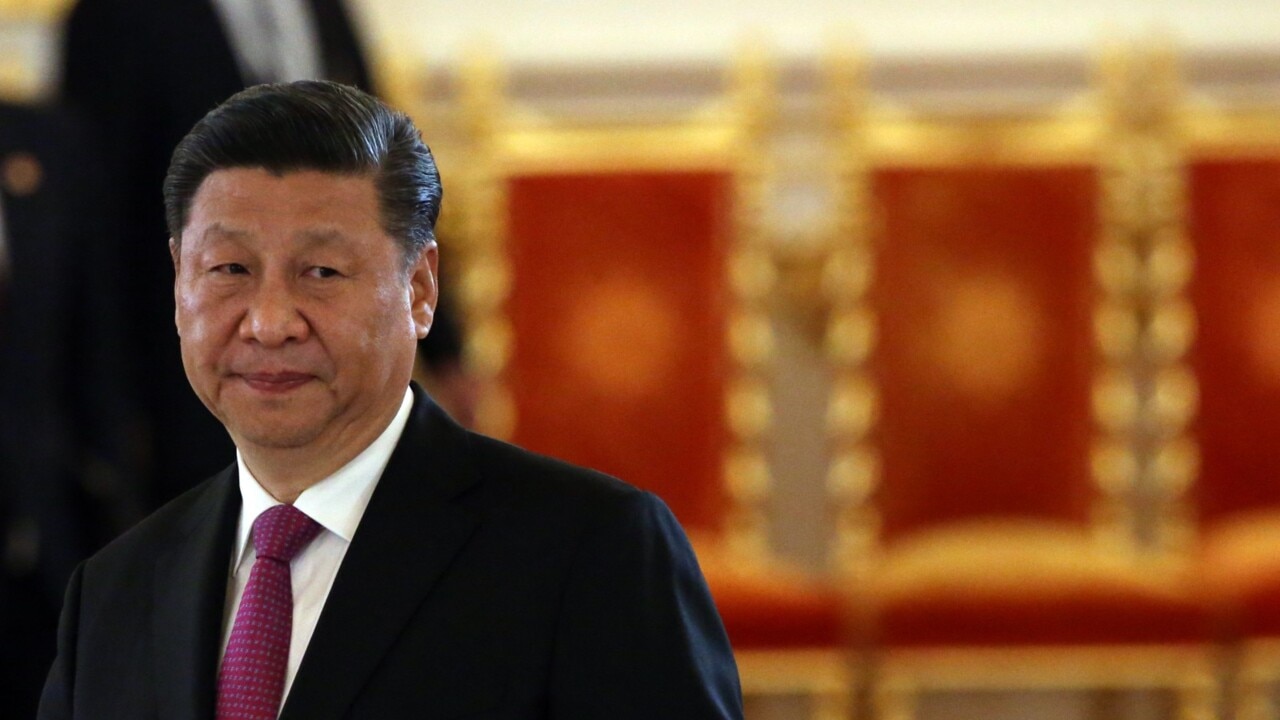
This list has revealed many major companies — from manufacturing giants Boeing and Volkswagen to financial services firms including HSBC and ANZ — not only employ CCP members but also have branches embedded within their Chinese operations.
While there is no evidence anyone on the party membership list has spied for the Chinese government — and many become members to boost their career prospects — the new revelations have raised concerns about what safeguards are in place at consulates and major corporations.
China experts and intelligence agents interviewed by The Australian have warned that the employment of CCP members — even in their Chinese subsidiaries — risks sensitive information falling into the hands of Beijing’s intelligence services and intellectual property being stolen.
The revelations come after the US imposed tight visa rules on CCP members and their families — allowing them to visit for one month, down from 10 years.
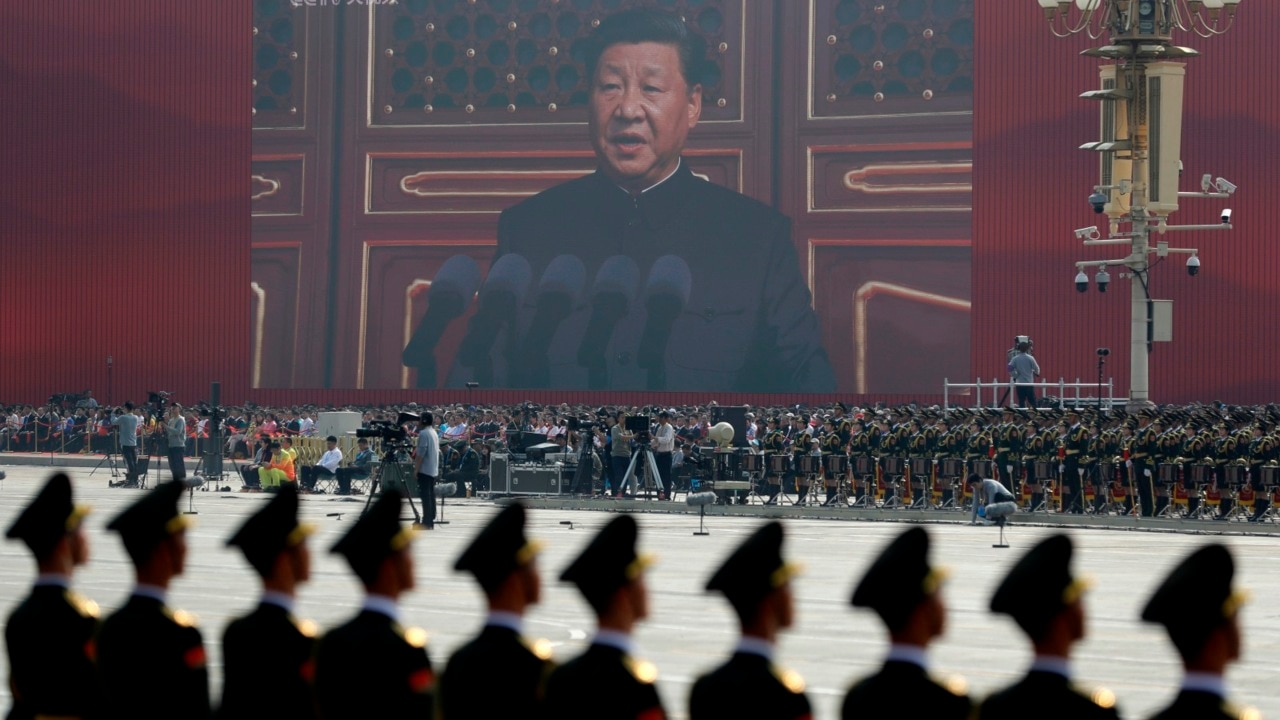
The leaked database of CCP members includes academics in Australia and Britain, including at the University of NSW and employees in private companies working in Australia.
Shanghai-based Australian scholar Chen Hong — who had his Australian visa revoked in September after the Australian Security Intelligence Organisation assessed him as a possible security risk — is listed on the database.
Professor Chen’s listing states that he is a “party member whose membership is reserved at CCP Working Committee for the Organ of the East China Normal University”. Reserved party membership occurs when a CCP member has left the country for more than six months, but can be restored when the member returns.
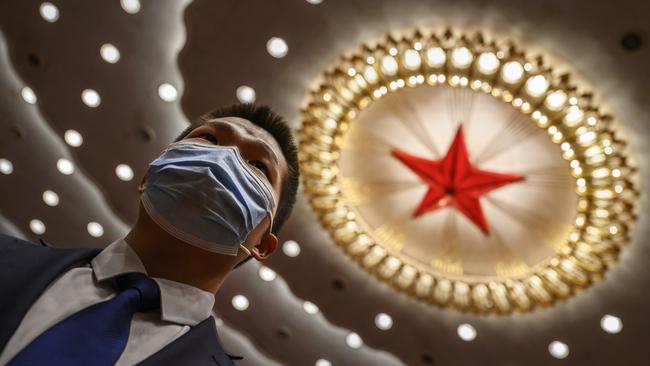
The Australian has chosen not to name individual members on the Communist Party register who are still in Australia, only the companies and organisations they are working for. The Australian understands ASIO has obtained a copy of the database, which is from the Shanghai region.
An intelligence officer who declined to be named told The Australian the presence of members of the CCP in government, and in organisations that do business with government, “is a totally unacceptable security risk”.
“Party members are often expected to do the bidding of the state, and especially when they are overseas,” he said.
“In some cases, they go beyond being a security risk, and actually do the bidding of China in attempting to influence governments overseas. The recent raids in Sydney are an example of this.”
The intelligence officer said over the past 20 years, “Chinese nationals have compromised the security of global companies which form part of the military supply chain for the West”.
“Allowing members of the CCP to work for such companies risks their stealing technology, providing intelligence to China on forthcoming weapons systems and capabilities, or on force structures built around those capabilities,” he said. “Imagine if a CCP member was allowed to work on the new Australian submarine project, and got technical data on the performance of the subs. This would give the Chinese navy a massive advantage and put Australian lives at risk.”
One of the biggest suppliers to the Australian government and Defence Department, aerospace giant Boeing, in 2016 had 287 CCP members working for it across China in 21 branches.
Boeing is one of the biggest suppliers to the Australian government, winning 2874 contracts worth $12.2bn in the past decade. In July, one of its local subsidiaries, Boeing Defence Australia, signed a $287m sustainment contract for the Royal Australian Air Force’s fleet of 12P-8A Poseidon Maritime Patrol Aircraft.
Boeing also has billions of dollars in defence contracts with the US, including a $3.9bn contract to build two 747-8 aircraft for use as Air Force One by the US president, due for delivery in 2024.
Boeing did not respond to questions from The Australian.
US company QualComm, which makes hardware for intelligence and quantum computing globally and has patents on computer chips all around the world, including for Australia, has 229 CCP members
The CSIRO awarded another employer of CCP members — Hewlett-Packard — the $48m contract to build a “supercomputer” that allows scientists to analyse hundreds of terabytes of data to perform tasks such as scanning more than 10 million stars.
Despite the sensitivity of the project, The Australian can reveal Hewlett-Packard has 390 CCP members in its employ signed to 14 branches across its China operations. Overall, the commonwealth has awarded Hewlett-Packard 2946 contracts worth $1.02bn in the past decade, including Defence Department IT projects. Hewlett-Packard did not respond to questions.
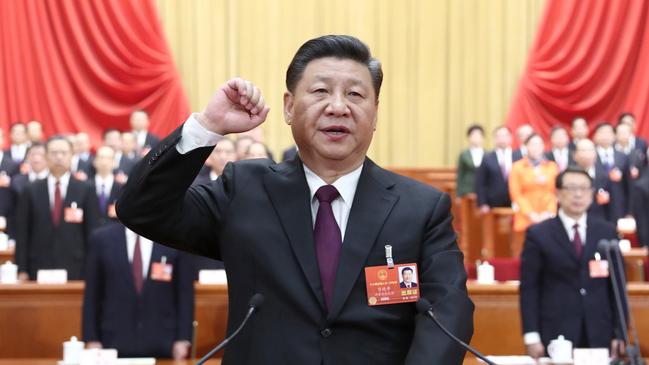
The Australian can also reveal that ANZ Bank had 23 members listed in one branch embedded in its China operations. But a spokesman said it did not interfere with its employees’ involvement in political groups, including the CCP.
“ANZ doesn’t place restrictions on people’s freedom of association. As long as employees’ behaviour is consistent with ANZ’s policies, we respect this right,” an ANZ spokesman said.
HSBC, which had 345 employees listed as CCP members, declined to comment.
Two major pharmaceutical companies working on the coronavirus vaccine, Pfizer and AstraZeneca, both have CCP members working for them, the database shows. Pfizer’s subsidiary in China, Pfizer Investment Co, has 69 members; AstraZeneca has 54.
ASIO director-general Mike Burgess warned in August there had been an increase in attempts by other countries to steal medical information relating to COVID-19, with hackers targeting laboratories developing vaccines.
The federal government has sourced 50 million doses of the AstraZeneca vaccine, which ASX-listed company CSL will manufacture, and another 10 million doses of Pfizer’s vaccine, which was cleared for use by the US Food and Drug Administration at the weekend.
A Pfizer spokeswoman declined to comment.
The list also contains the name of an academic, whom The Australian has chosen not to name, working at UNSW.
A UNSW spokeswoman said the researcher had told the university they were not a member of the CCP. “UNSW takes our security and compliance obligations very seriously,” she said. “We recognise foreign interference is a significant threat to Australia’s national interest, including advice provided by ASIO that foreign governments seek information about leading research and technology.

“The university works closely with relevant federal government agencies and is keen to pursue greater transparency, as well as increased government collaboration and assistance, to ensure our operations are always in line with the national interest and to ensure our students and research are protected … (the professor) has advised (they are) not a member of the Chinese Communist Party.”
Volkswagen had more than 5700 employees listed as CCP members across 131 branches. Volkswagen said it respected the political freedom of its employees, despite concerns about human rights violations and the use of slave labour. Last month the German car maker defended its decision to continue operating its car plant in Xinjiang — an autonomous territory in northwest China that has drawn allegations of large-scale human rights abuses by authorities on its Uighur Muslim population.
Volkswagen China chief executive Stephan Wollenstein told the BBC the company had come along way since its founding by the German Nazi Party in 1937 and the use of forced labour — including concentration camp prisoners — in factories during WWII.
But a spokeswoman for Volkswagen Group China told The Australian: “A party membership including the Communist Party is a personal decision from each employee in which we as a company do not interfere. Like in other countries we do not have knowledge about party memberships of our employees. This does not affect our business activities.”
While the Morrison government is trying to maintain diplomatic channels with Beijing the US has been more direct in criticising the world’s second-biggest economy. Former Director of National Intelligence John Ratcliffe in November wrote in The Wall Street Journal that Beijing “intends to dominate the US and the rest of the planet economically, militarily and technologically”.
“I call its approach of economic espionage ’rob, replicate and replace’. China robs US companies of their intellectual property, replicates the technology, and then replaces the US firms in the global marketplace,” Mr Ratcliffe wrote.





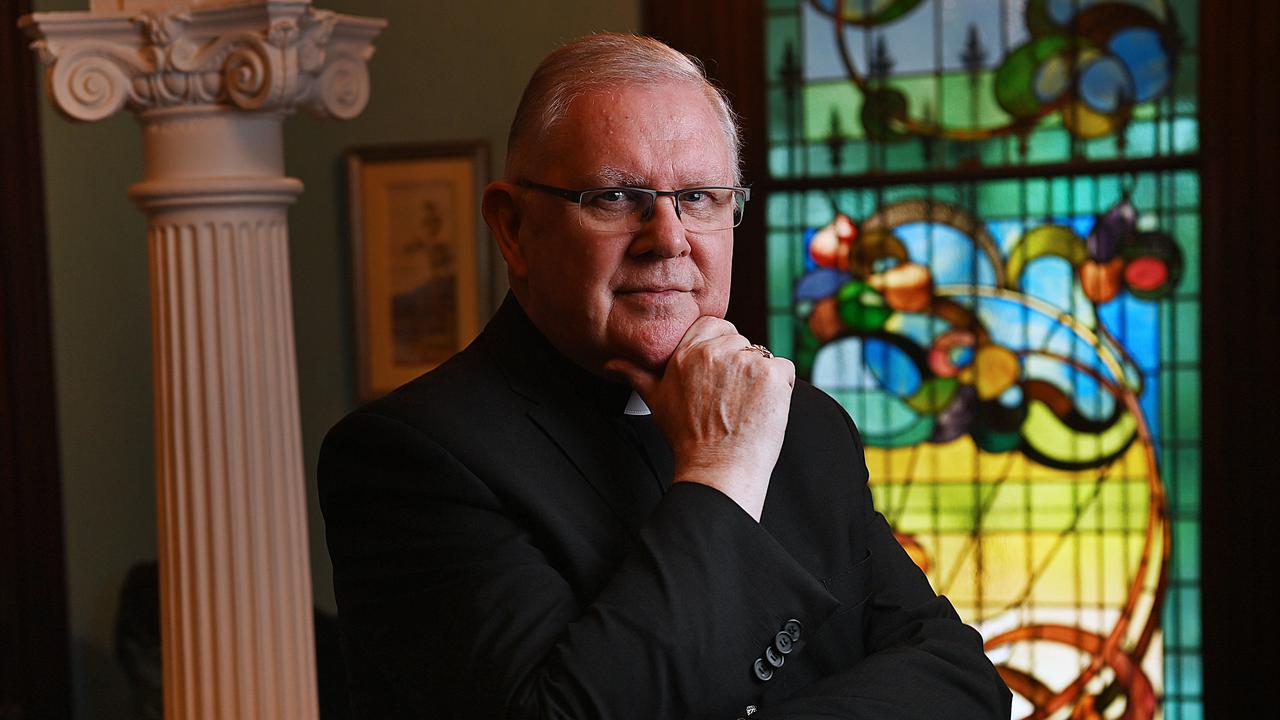

To join the conversation, please log in. Don't have an account? Register
Join the conversation, you are commenting as Logout